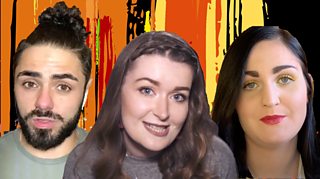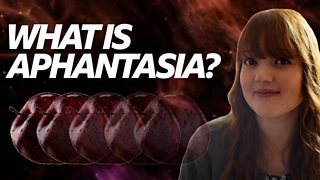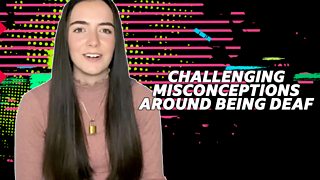"Being dyslexic didn't stop me becoming a published author"
By Victoria Masterson // Βι¶ΉΤΌΕΔ The Social Contributor // 20 June 2022
For Sean Begg, all he ever wanted to do was write a book. He would love wandering about bookshops, collecting books, and telling stories.
The inspiration was there. The problem? Sean is severely dyslexic, having struggled to read and write his whole life.
But despite receiving little support at school and believing himself to be illiterate, Sean is now a published author, and is currently working on his second book.
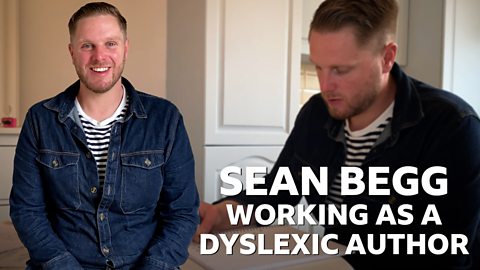
Working As a Dyslexic Author - Sean Begg's Story
"Being dyslexic didn't stop me becoming a published author."
Sean was originally born in Wick, before moving to Falkirk and then Edinburgh. He was officially diagnosed as dyslexic in high school, but that didn’t make his life much easier.
“Some teachers were old school, and basically thought, ‘he’s lazy’,” Sean explains. “They just thought I wasn’t trying. I thought, I can either sit here and do nothing, or start writing stories.”
During this time, Sean began to develop his own system of symbols to help him read back his work, inspired by Egyptian hieroglyphics. Each symbol is a clear representation of what different words mean, that help Sean remember what he’s written. He also draws a picture of the stories he creates to remind him what each one is about. Even now, eighteen years later, Sean can still read the symbols back and understand his words.
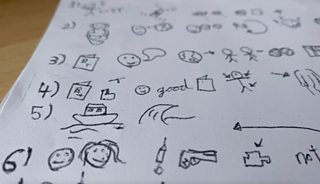
“We use emojis to communicate now, but I was doing it years before,” jokes Sean.
As an adult, he pushed himself to go to night classes, but says it didn’t help.
“I just thought, the penny’s not dropped. It just didn’t work in a big group.”
Despite struggling to improve his reading and writing skills, Sean’s passion for books remained. In fact, it was an unlikely find during his time working as a handyman in a library that showed him how being an author could be possible for him.
Sean came across The Books of Albion, a collection of writings and drawings from musician Pete Doherty, and immediately felt inspired.
“I loved the way he did it. It looked like a scrapbook. I thought everything had to be typed and a certain way, but this book was different. I thought, I could make my book look like that, where it just looks like a school jotter.”
Sean set about self-publishing his collection of writing as an e-book after the first lockdown. Six months later, Alone in my Heid was released as a physical book.
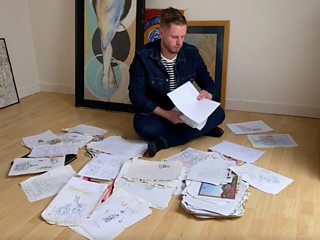
“Before it came out, I was feeling sick about it,” says Sean. “Most of the stories were written when I was 14 to 27 and I thought, what are people going to think? I’m speaking about being depressed. But everyone got it. People said, I really liked this story or this story, and I get what you’re saying.”
Sean describes Alone in my Heid as a collection of Gothic fairytales and poems. He mixes ideas about mythical figures with the issues of struggling to fit in, going down the wrong path, and mental health.
“A lot of it was about depression at a time when no one spoke about it. To write about it was a release for me.”
He calls his collection of his stories and poems from over the years his ‘box of tricks’, and currently Sean is compiling his second book.
“Publishing a book is still not real to me, eh?” he says. “It’s all I wanted to do my whole life. The hardest thing I could ever do is to write a book and I achieved that.”
As well as his writing and illustrations, Sean is a passionate filmmaker, and he hopes to expand this side of his creativity too.
Sean has some advice for other young people who feel isolated by dyslexia and other neurodivergences. He says: “Don’t hide it, don’t feel ashamed about it. Don’t try to fit in, which is definitely a thing when you’re younger. Your time will come.
“My time wasn’t in high school, or my 20s I’d say. Now I feel I’m myself and I’m more confident in myself.
“If you feel like you're rubbish at one thing you're twice as good at something else and you actually got a gift instead of a disability.”
